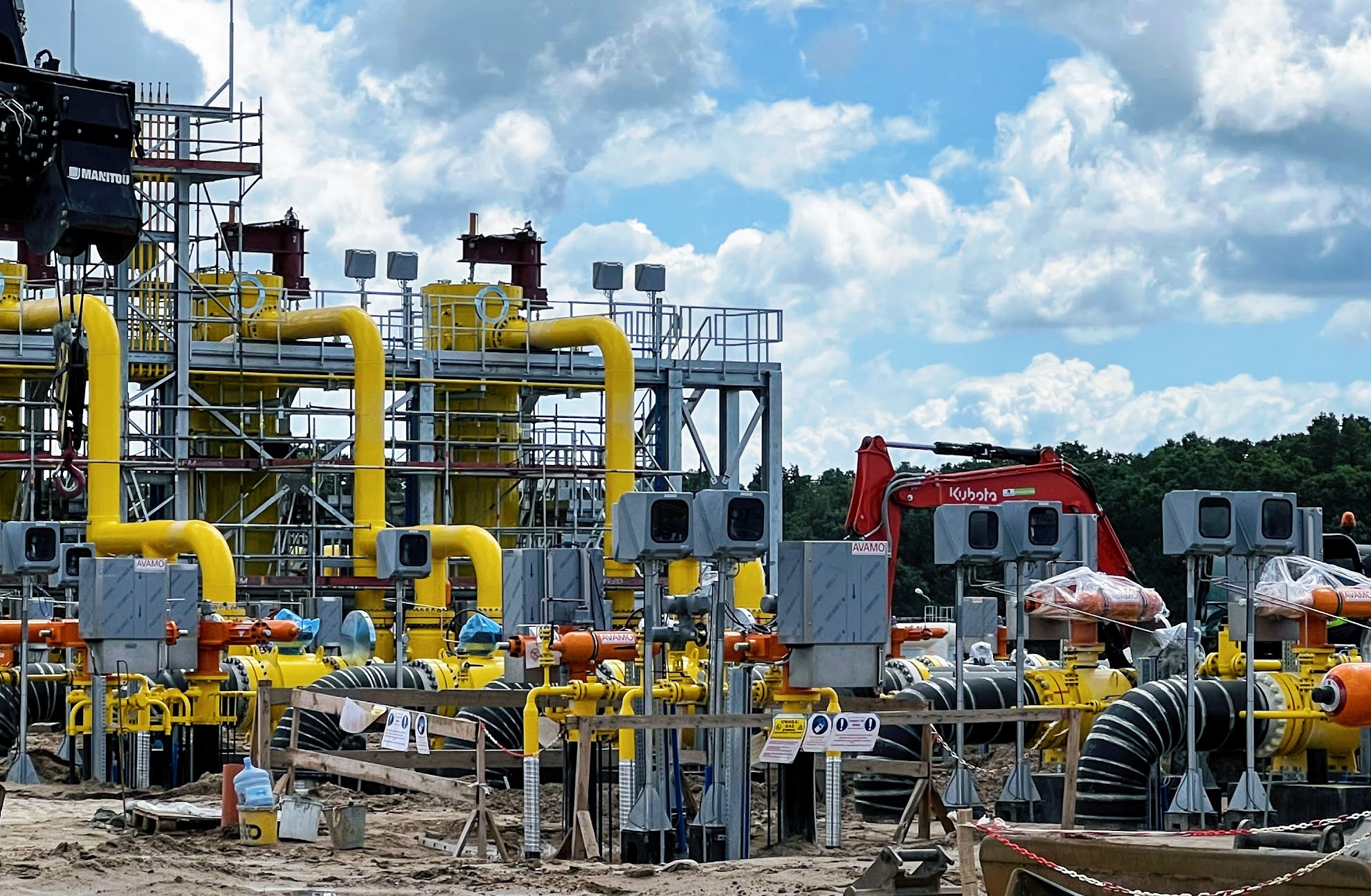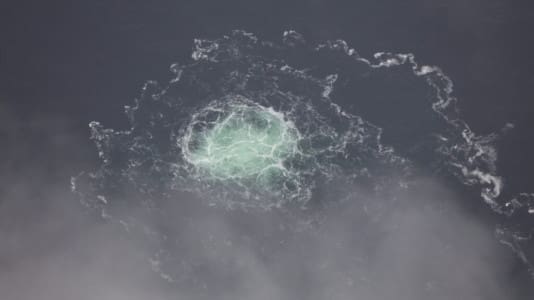The gas leakage into the Baltic Sea from the Nord Stream pipelines, rumored to be caused by explosions, means that attention has turned to the protection of critical energy infrastructure, such as the recently completed and activated Baltic Pipe linking Poland to Norway’s gas fields. All the indications are that foolproof security for that pipeline is impossible to guarantee, according to expert and diplomatic sources.
The protection of critical infrastructure is the responsibility of individual nation states rather than NATO or the EU. It is impossible to police these with vessels along the entire length of the pipelines. The security relies on sensors, cameras, sonar monitoring, and satellite imaging. This is primarily the responsibility of civilian authorities, but the military can get involved if ordered to by governments.
Clearly, the latest incidents in the Baltic are leading to increased supervision over assets and more involvement by military and intelligence agencies. The issue is also being discussed within NATO, even though it does not itself have the necessary equipment to tackle the matter. What NATO can do is intensify the exchange of intelligence and cybersecurity measures to help monitoring efforts.
Baltic Pipe is an international project in which each participating country is responsible for the part running through its own territorial waters. They do not always want to share all information about their arrangements for ensuring security.
Sabotage is a real risk. It may not be easy to organize, but it is feasible and impossible to provide cast-iron guarantees against. What is important is for clear political signals to be sent to potential perpetrators regarding the consequences of such attacks in order to deter them. Here, NATO clearly does have a role to play.
According to Gaz-System, the Polish operator of gas pipelines, the incidents in the Baltic are currently being investigated by the Danish, German, and Swedish authorities.






